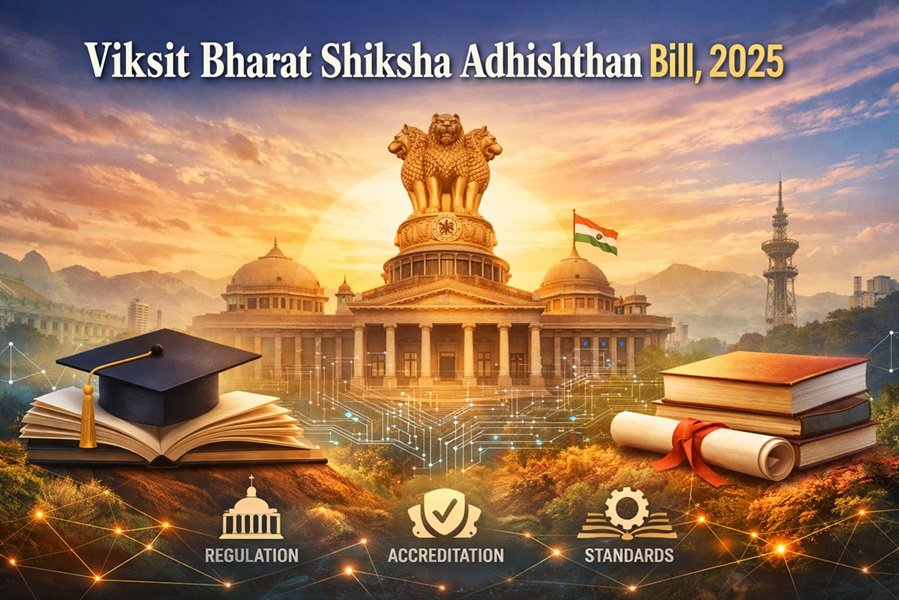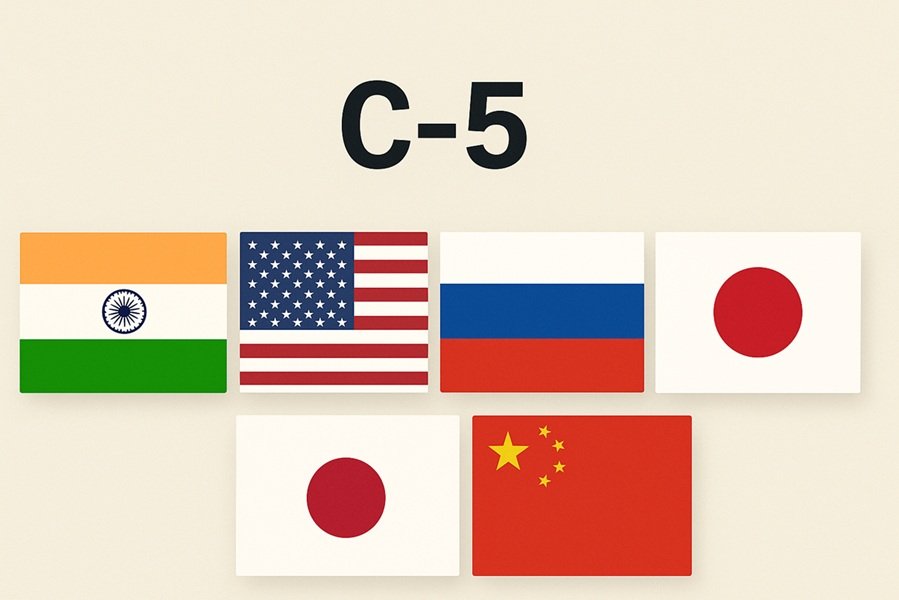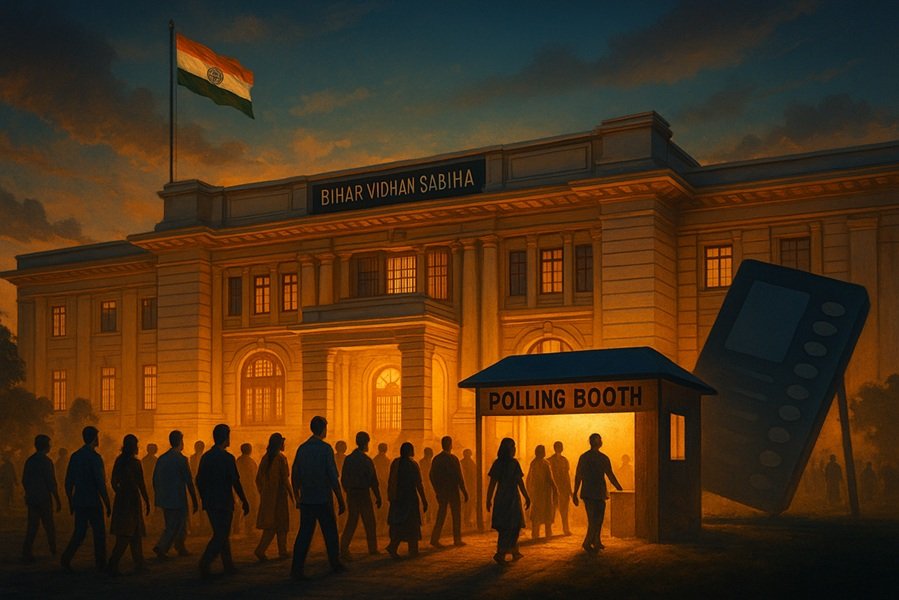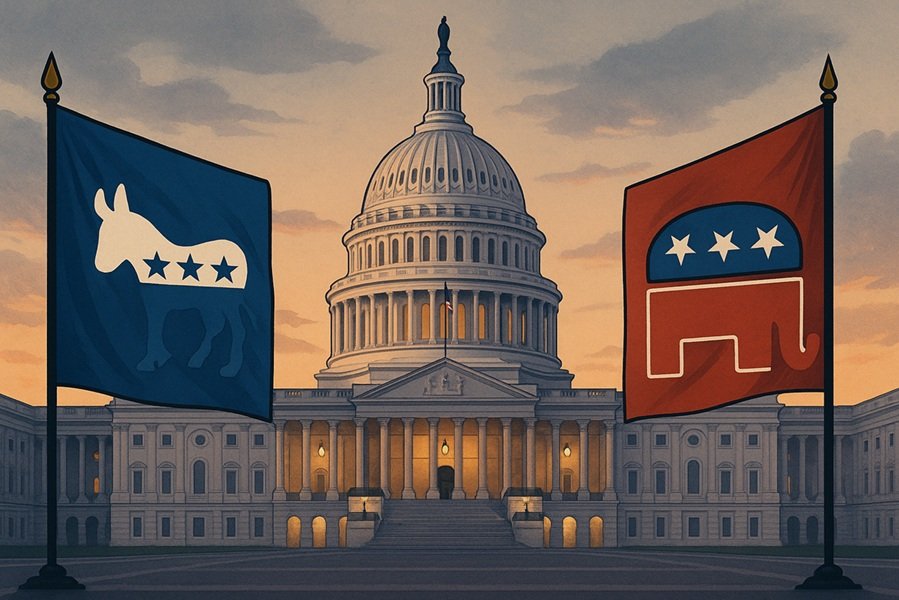Viksit Bharat Shiksha Adhishthan Bill, 2025: A Comprehensive, Critical and Analytical Study
Introduction: Why This Bill Matters India’s higher education system stands at a decisive crossroads. With over 1,100 universities, 45,000+ colleges,
Read More








